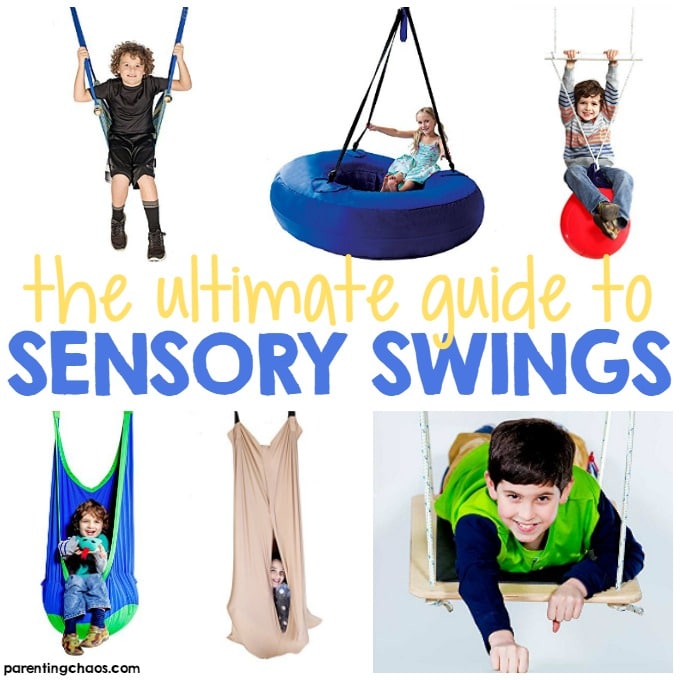More About educational supplies
Table of ContentsSome Ideas on fidgets You Should Knoweducational supplies - The FactsThe Greatest Guide To special needs homewares
Symptoms of oral-motor and also oral-sensory problems Signs of an electric motor issue can include: Postponed advancement of textures due to the fact that the kid can not literally handle eating strong foods Slow or inefficient eating Food left in the mouth Food dropping from the mouth Gagging Coughing or choking Low consumption of food (the youngster may not eat enough calories since it takes so long to eat) Postponed development of other feeding turning points (such as transitioning to a regular open cup from a sippy cup) Signs and symptoms of a sensory problem might consist of: Gagging Rejection to eat Weeping throughout meal times Throwing up Postponed consuming milestones (the youngster may be able to endure fluids and also purees but have difficulty with chewable foods, or vice versa) Uncommon preference choices (such as salsa on eggs) Food falling from the mouth Threat of developing this condition Kid that were birthed incredibly premature; who have GI, breathing or neurological problems; or that have genetic syndromes may be more probable to develop oral-motor and/or oral-sensory troubles.Youngsters with oral-motor problems may have difficulty swallowing safely as well as could be at danger for desire and also choking. Medical diagnosis and also assessment of oral-motor as well as oral-sensory problems A thorough medical history is vital: It is very important for your youngster's clinical group to recognize just how feeding has gone considering that birth to understand where the trouble began.
If there's a behavioral component to your youngster's feeding concern, the therapy plan could include cognitive behavior modification. Whatever method we take, our goal is to ensure your kid can eat securely as well as efficiently - click here for more. After treatment Treatment length depends upon the issue as well as your child's age and also ability level.

Some Ideas on Sensory toys You Need To Know
What is sensory processing disorder? Sensory handling condition is an inequality in between the sensory stimulations of the atmosphere and also the mind's action to that stimuli - NDIS supplier. A kid with sensory processing disorder may have a challenging time handling as well as acting upon the information they obtain from their senses, causing obstacles with everyday jobs.
Sensory processing condition signs differ substantially. Various other symptoms that may suggest sensory handling problem consist of: Severe mood swings, Clumsiness, Required for constant motion, Over or under-sensitive to outside stimulations, Delicate to loud sounds, The youngster is intense, demanding, or tough to relax, Difficulty falling asleep, Problem focusing, Slow to find out new skills, Sensory handling condition might influence one of the senses (touch, view, sound) or lots of detects, as well as the symptoms they create are persistent and also influence day-to-day life.

To get more information about therapy at Solaris Pediatric Treatment, call the office or demand a visit online today.
The Definitive Guide to SENSORY HOMEWARES
All toddlers complain concerning this as well as that because that's what little bit children do! Plus, they're naturally conscious temperature, appearance and also various other experiences at this age. Yet a couple of youngsters are touchy-feely to the severe as well as these kids might have sensory processing problems. Difficulty dealing with certain sensations is the trademark of sensory handling concerns, and it can disclose itself in many means, such as a marching band passing (audio) or tee shirt's itchy tag (touch).
What are sensory handling issues? Sensory processing describes the method in which a youngster replies to what he really feels, tastes, scents, sees or listens to (educational supplies). Instances of sensory issues consist of not having the ability to stand certain appearances against one's skin, getting dismayed when a siren screams by or staying clear of hugs (find).
On the contrary end of the spectrum are youngsters who have an under-sensitivity, or the hyposensitive tyoe of sensory concerns (SENSORY HOMEWARES). These kids are uncommonly detached to sensations as well as some could appear to be starved for excitement, frequently needing to touch, smell and also taste well outside the world of suitable or normal expedition.
Below's a sampling of some signs to try to find: May hate being touched (if they're extremely delicate) or appear unable to withstand touching every little thing (if they're under-sensitive)May discover it excruciating to put on clothes with tags or harsh fabrics if they're extremely conscious touch, or appear insensitive to pain, extreme heat or cold because of an under-sensitivity to stimulations, May rotate around regularly or have problem harmonizing, Can be agitated and also overstimulated by loud sounds and bright lights, May display extreme food hostilities (past hating broccoli)May be overly terrified of swings as well as various other play area device May be deeply disrupted by dirt on their hands or faces, Can need excessive help to go to sleep (think hours of shaking and special sound equipments)Constantly head banging, May have trouble being mild with animals, May discover here frequently touch points as well as people, or not comprehend personal space when other kids do, May have a really high tolerance for discomfort, May act really spooked or be not able to sit still, May crave rapid rotating, difficult hugs, or love being tossed airborne or leaping on furnishings, What triggers sensory processing concerns in kids? While the exact reasons are unknown, it's thought that a mix of genetic and ecological factors may add to sensory processing concerns.